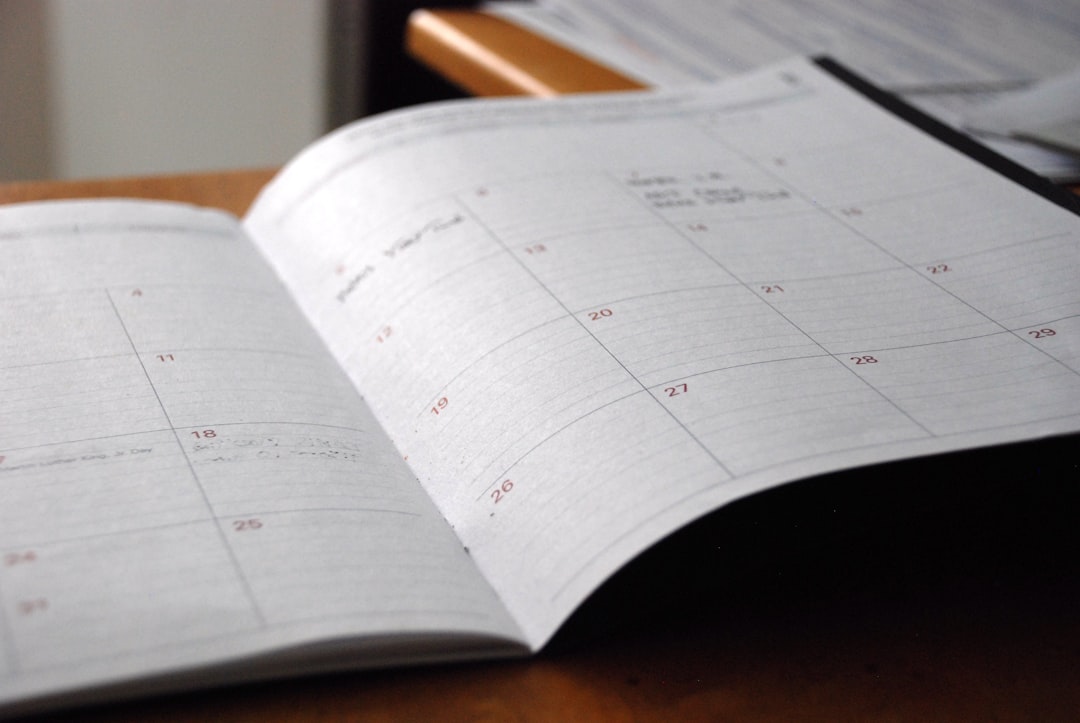The Renaissance time period, roughly spanning from the fourteenth to seventeenth centuries, was a time of great cultural change. Beginning in Italy and spreading throughout Europe, the Renaissance marked a shift away from the Middle Ages and ushered in an era of increased scientific knowledge, artistic exploration, and political restructuring. It was an era that saw the advancement of humanism in education, new modes of thought and expression in artistry, and revolutions in political power.
Humanism integrated classical learning into education while stressing practical skills such as math and science. This allowed a greater range of subjects to be studied than had been available during Medieval times. Artistry flourished with notable works by artists such as Leonardo da Vinci exemplifying this new age; his work combined scientific knowledge with artistic expression to create beautiful pieces that are admired today.
Politically speaking, shifts occurred resulting from advances made within other areas during this period; for example religious reforms were made which changed how people were able to practice their faith along with how it affected secular life.




